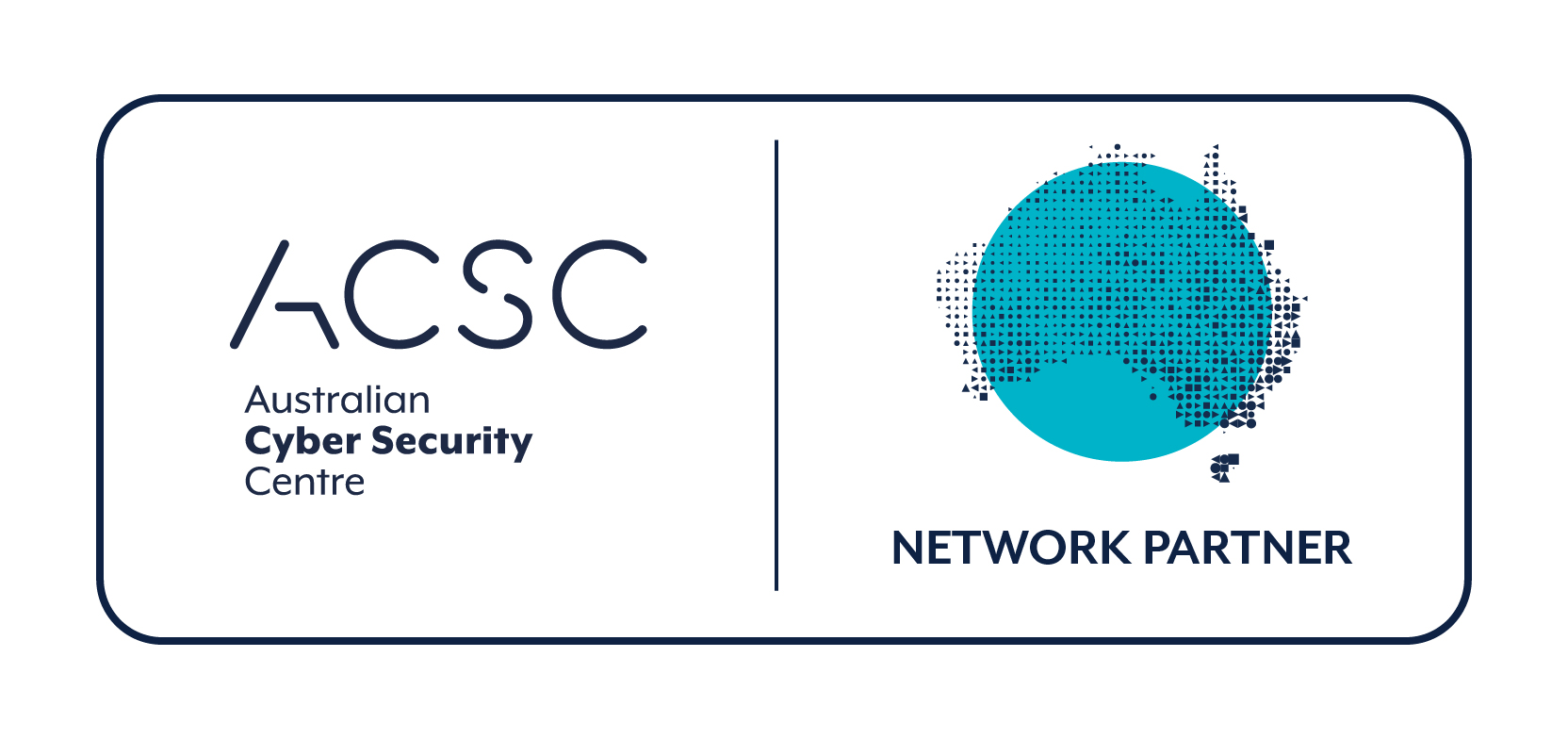
Healthcare Cybersecurity

HEALTHCARE CYBERSECURITY PAGE MENU
Cyber Security In Healthcare

Welcome to our IT Networks cybersecurity audit for healthcare and medical organisations!
We understand the critical importance of safeguarding sensitive patient data and protecting against cyber attacks in the healthcare industry.
Our team of Cyber Security Consultants, Cyber Security Experts, and Cyber Security Specialists has extensive experience in assessing and enhancing the cybersecurity posture of medical organisations. We work with you to identify potential vulnerabilities and provide actionable recommendations to strengthen your security defences.
Medical Cybersecurity
Our cybersecurity for medical practices audit covers a wide range of areas, including:
1. Network Security Audit: We examine your network architecture, security protocols, and access controls to identify potential weaknesses.
2. Data security :We evaluate your data storage and transfer protocols, data encryption practices, and backup and recovery plans.
3. Endpoint security: We review your endpoint devices, such as laptops, desktops, and mobile devices, to ensure they are adequately protected against threats.
4. Application security: We assess your applications, including electronic health records (EHRs) and patient portals, for security vulnerabilities and potential attack vectors.
5. Compliance: We evaluate your compliance with industry standards, such as HIPAA and HITECH, and provide recommendations for remediation where necessary.
Our Cyber Security Consultants, Cyber Security Experts, and Cyber Security Specialists use a combination of automated and manual techniques to thoroughly assess your organization’s cybersecurity posture. We provide you with a comprehensive report that includes our findings, recommendations, and a prioritized action plan.
At IT Networks, we are committed to helping medical organizations like yours achieve robust cybersecurity defenses. Contact us today to schedule your cybersecurity audit and take the first step towards protecting your patients’ sensitive information.
The Australian Cyber Security Centre’s Essential Eight is a comprehensive list of cybersecurity strategies designed to enhance an organization’s security posture. These strategies are relevant to various industries, including healthcare and medical.
The Essential Eight provides a set of prioritized mitigation strategies that can help organizations defend against cyber threats. These strategies are divided into two categories: Prevention and Detection.
The Prevention strategies include:
- Application whitelisting: The use of application whitelisting to help prevent the execution of malicious or unapproved programs.
- Patching applications: Promptly patching or updating applications to reduce the risk of vulnerabilities being exploited.
- Configuring Microsoft Office macro settings: Configuring Microsoft Office macro settings to block macros from the internet and only allow vetted macros either in ‘trusted locations’ with limited write access or digitally signed with a trusted certificate.
- User application hardening: Limiting the functionality of users’ applications to prevent malicious actions.
- Daily backups: Performing daily backups of important data to protect against data loss from cyber incidents.
- Multi-factor authentication: Using multi-factor authentication to reduce the risk of compromised credentials.
- Security incident response plan: Having a plan in place to detect, respond to and recover from cybersecurity incidents.
- Restricting administrative privileges: Restricting administrative privileges to only those who need them and monitoring their use.
Cybersecurity for Medical Practices - Implementing Essential Eight
Cybersecurity for medical practices can be hardened by implementing controls developer by the Australian Cyber Security Center’s framework called the Essential Eight.The Australian Signals Directorate’s Australian Cyber Security Centre (ASD’s ACSC) leads the Australian Government’s efforts on cyber security. By implementing these Essential Eight strategies, medical organisations can significantly improve their cybersecurity posture and protect sensitive patient data from cyber threats.
An audit of Australian Cybersecurity Centre Essential Eight for medical organizations would typically involve a thorough review of the organization’s cybersecurity practices, policies, and procedures to ensure that they align with the Essential Eight guidelines.
The audit may cover the following aspects:
- Perimeter security: The audit may assess the organization’s ability to protect its network perimeter against unauthorized access and ensure that the organization’s internet-facing services are configured securely.
- Patching applications: The audit may assess the organization’s ability to maintain up-to-date software patches, which is crucial for protecting against known vulnerabilities.
- Application whitelisting: The audit may assess whether the organization uses application whitelisting as a control mechanism to ensure that only authorized software runs on its systems.
- User application hardening: The audit may assess whether the organization has implemented security measures to ensure that users are running only necessary and authorized applications.
- Restricting administrative privileges: The audit may assess whether the organization has a policy in place to restrict administrative privileges to only authorized users and whether this policy is enforced.
- Patching operating systems: The audit may assess whether the organization has a system in place to maintain up-to-date patches for the operating systems it uses.
- Multi-factor authentication: The audit may assess whether the organization uses multi-factor authentication as a control mechanism to protect its systems against unauthorized access.
- Daily backups: The audit may assess whether the organization has a backup and recovery strategy in place to ensure that its data is protected against loss or damage.
In summary, an audit of Australian Cybersecurity Centre Essential Eight for medical organizations would aim to ensure that the organization has adequate cybersecurity measures in place to protect sensitive patient information and maintain the confidentiality, integrity, and availability of its systems and data.
Contact us about our Healthcare Cybersecurity Auditing Services today
At IT Networks, we take pride in being a leading provider of IT security auditing services in Australia. Contact us today to schedule a consultation with one of our Cyber Security Consultants, Experts or Specialists and learn how we can help you protect your IT infrastructure from cyber threats and attacks.

Cybersecurity Threats in Healthcare
The healthcare industry in Australia is also vulnerable to cybersecurity threats and faces several pain points, including:
1. Patient data security: : The protection of patient data is of utmost importance in the healthcare industry. Cybersecurity breaches can result in the loss or theft of personal health information, which can be used for identity theft or other criminal activities.
2. Medical device vulnerabilities: Medical devices are an essential part of the healthcare industry, but they can also be vulnerable to cyberattacks. Breaches in medical devices can put patients at risk of injury or death.
3. Cybersecurity skills shortage: There is a shortage of cybersecurity professionals with expertise in the healthcare industry, making it challenging for healthcare organizations to protect their networks and data.
4. Limited IT budgets: Many healthcare organizations have limited IT budgets, making it challenging to invest in the necessary cybersecurity measures to protect their networks and data.
5. Regulatory compliance: The healthcare industry is subject to various regulatory requirements, including the Australian Privacy Principles and the My Health Records Act, which can be challenging to navigate, leading to compliance issues and potential fines.
6. Increasing sophistication of cyber threats: Cyber threats are becoming increasingly sophisticated and challenging to detect and prevent, making it essential for healthcare organizations to stay up to date with the latest cybersecurity measures and practices.


